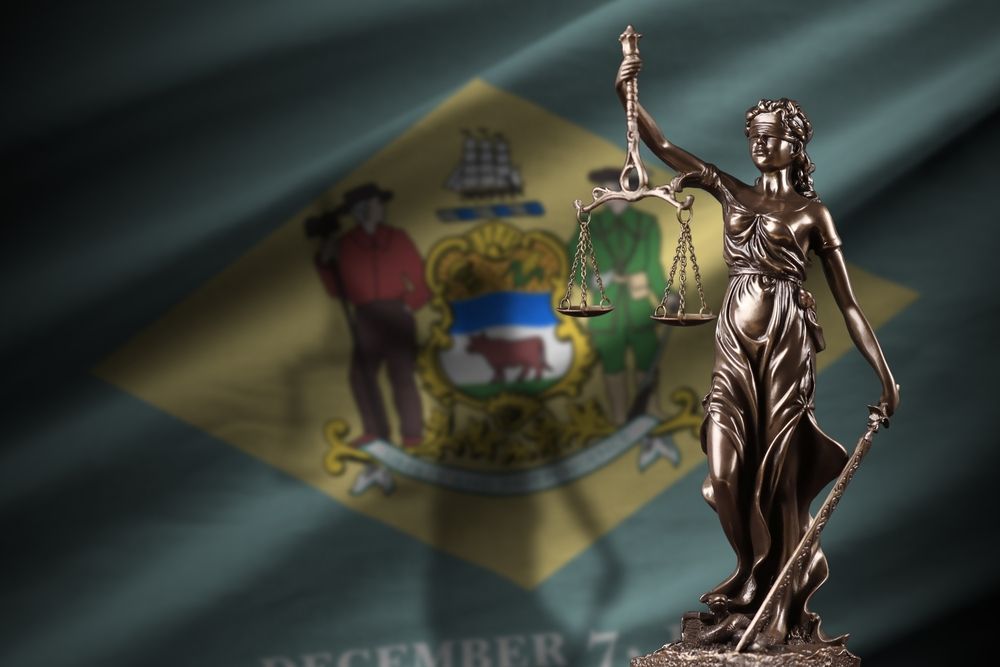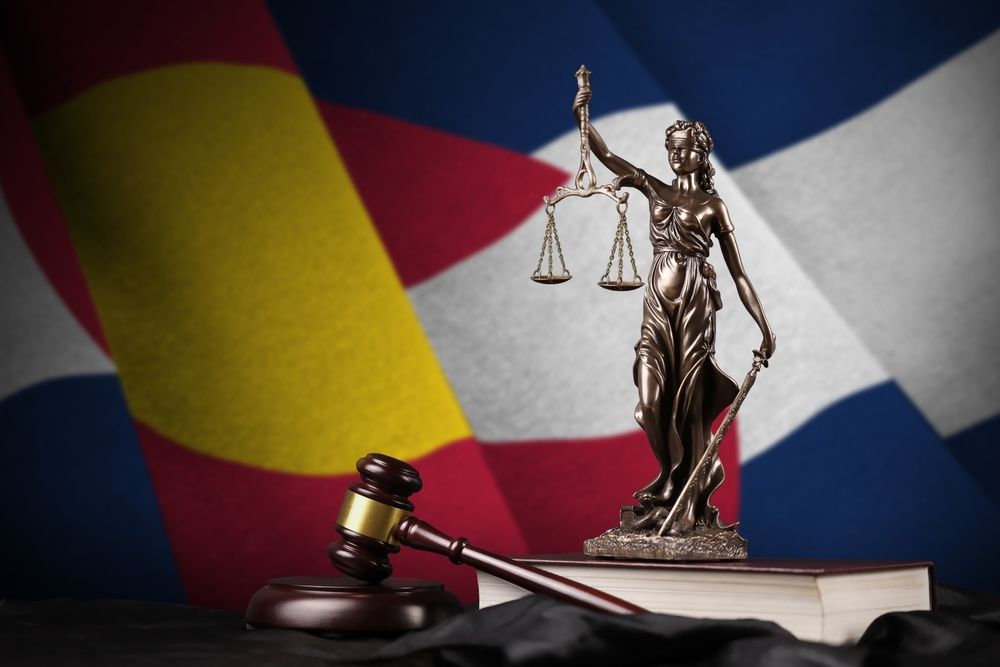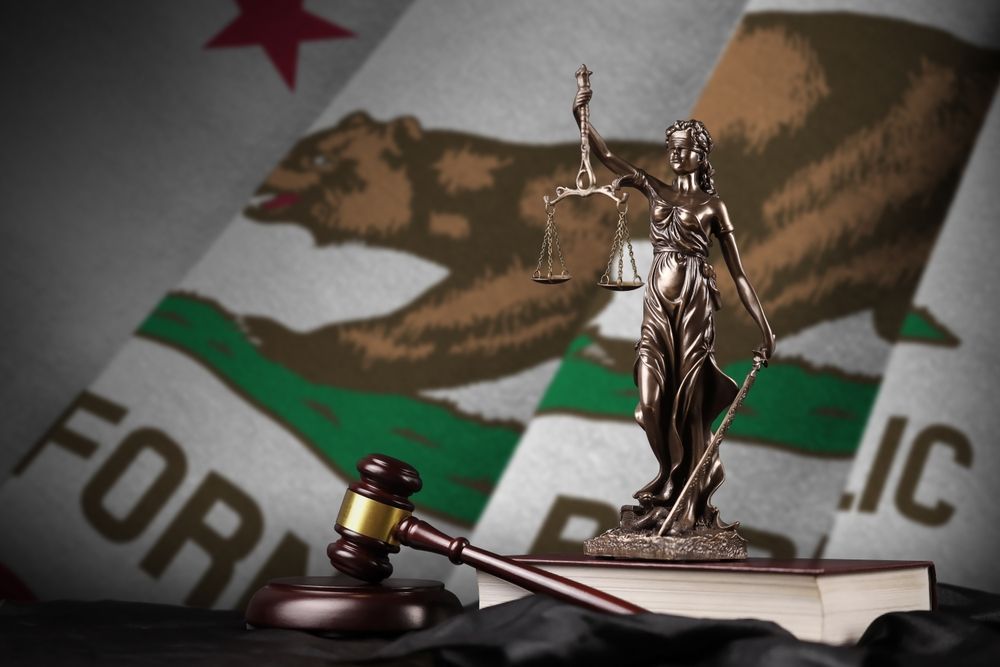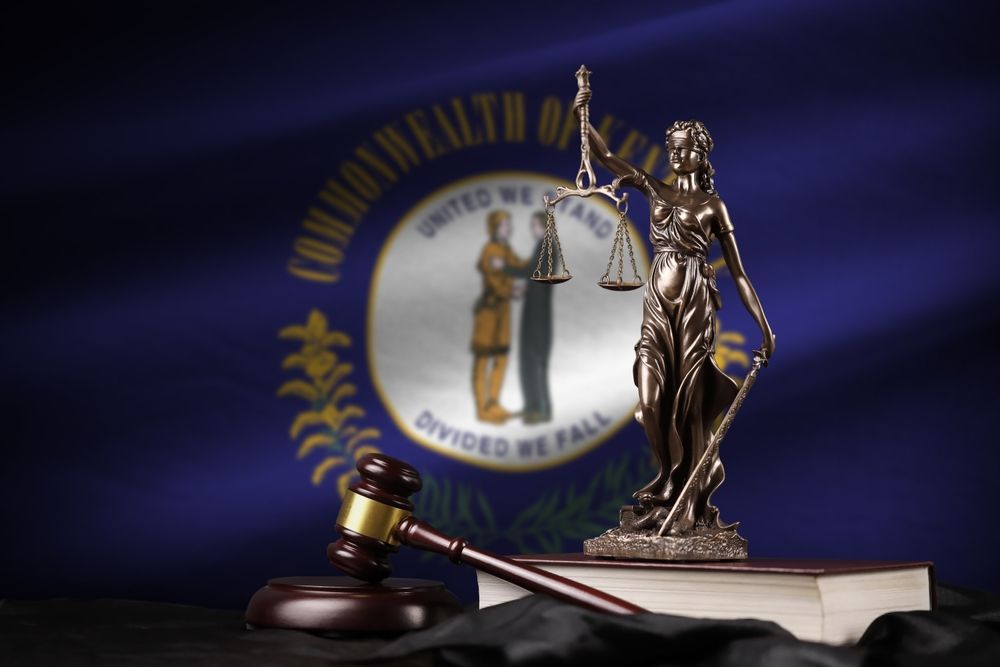Delaware Clean Slate Law | Delaware Expungement
Share this article:
Written by: Eagle Eye Screening Solutions
Key Takeaways
- Delaware has passed a Clean Slate act, to be effective in 2024. It provides automated clearance of criminal records for arrests that did not result in convictions as well as most misdemeanors and some felonies.
- The Delaware Clean Slate law is complex, and the rules on eligibility can be difficult to navigate.
- Delaware continues to allow discretionary expungement, by petition and at the discretion of the court, for a wider range of offenses.

Delaware Clean Slate Act
In 2021, Delaware joined a growing nationwide trend in enacting Clean Slate legislation, effective in 2024. It provides for the automatic deletion of many criminal records, including arrests not resulting in conviction, most misdemeanors and some felonies. Non-conviction arrests will be expunged immediately, as will convictions for marijuana possession and underage alcohol consumption. There is a waiting period of three to five years for misdemeanors and 10 years for eligible felonies. Crimes of domestic violence or against children or vulnerable adults are not eligible for Clean Slate.
Rules are complex, especially in situations where there are multiple offenses, and a thorough understanding is required to determine who is eligible.
Delaware Background Check Laws
Employers in Delaware must comply with the Federal Compliance Reporting Act, which governs lookback period and adverse action process for some criminal and civil incidents. Delaware adds a few laws of it own:
- Employers may not ask candidates or former employers about salary history.
- Ban-the-box law applies to public employers. They may not ask about criminal history before interviewing.
- Employers may not ask for social media account information.
Expungement in Delaware
Delaware expungement hides the criminal records so that employers and CRAs cannot see them. However, they are still accessible to courts and law enforcement agencies.
In addition to mandatory expungement under Clean Slate, an individual may petition for discretionary expungement, which is granted at the discretion of the court. With Delaware’s complex expungement rules, some who don’t qualify for mandatory expungement may find relief through this route. Only a few felonies, including manslaughter, murder, rape, and child sexual abuse, are ineligible.

What CRAs Need to Know About Clean Slate Laws in Delaware
CRAs will not be able to see criminal records on public sources for incidents that have been expunged. With the new mandated expungement under Clean Start, there will be more of these. CRAs should not report these records even if they discover them some other way. Other than that, there are not many special Delaware requirements that go beyond FCRA.
Bottom Line
Mandated automatic expungement of certain criminal records begins in Delaware in 2024. These include arrests that didn’t result in convictions, most misdemeanors, and some felonies. This is in addition to discretionary expungement, which is granted at the discretion of the court upon petition. Discretionary expungement is permitted for a wider range of offenses. There is some complexity in the Delaware law concerning who is eligible for automated expungement.
Connect with Us:




